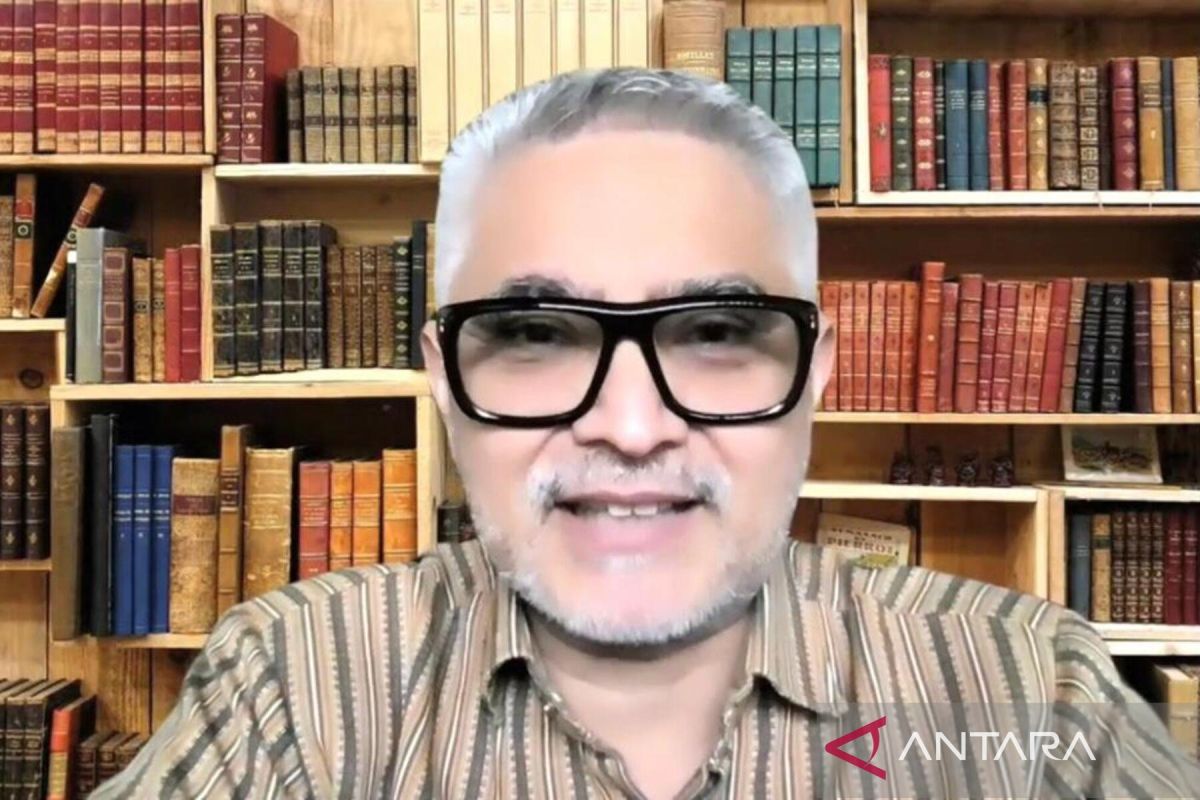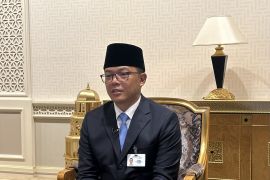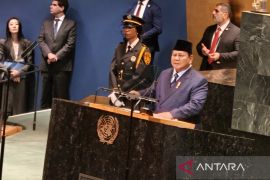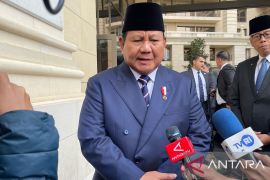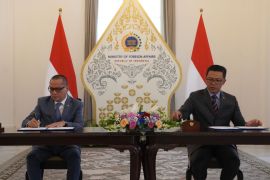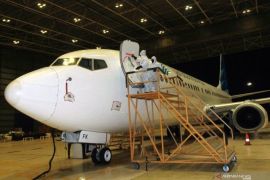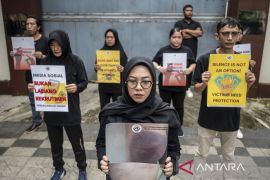At an online discussion here on Monday, Jailani said that the conflict in the Middle East has a big potential to affect the national economy.
He argued that the Middle East crisis can have real economic repercussions, as reflected by the dynamics of the oil market.
If the conflict is not stopped, the involvement of Houthi fighters — who could block supply chains in the Red Sea — could push up energy costs and affect supply chains and the exchange rate.
"Indonesia has an interest in handling this crisis not only from a matter of solidarity but also to protect its national interests," he said.
Jailani informed that the Indonesian government is currently pursuing active diplomacy to push for a ceasefire in Gaza to prevent the escalation of violence.
In addition, Indonesia has called for the immediate provision of humanitarian aid to the people of Gaza.
"And the third, more important thing, is a longer solution, namely realizing or restarting peace learning between Israel and Palestine to realize the two-state solution," he said.
He noted that in the past few weeks, Iran's relations with Israel have been quite tense and the possibility of war is very high.
This could be worrisome if it develops into a regional-level conflict or regional war, which could potentially have an impact on the monetary sector.
Related news: Widodo condoles death of Iranian President Raisi
Related news: Indonesia seeks new oil, gas suppliers amid Middle East conflicts
Translator: Devi Nindy, Raka Adji
Editor: Rahmad Nasution
Copyright © ANTARA 2024
